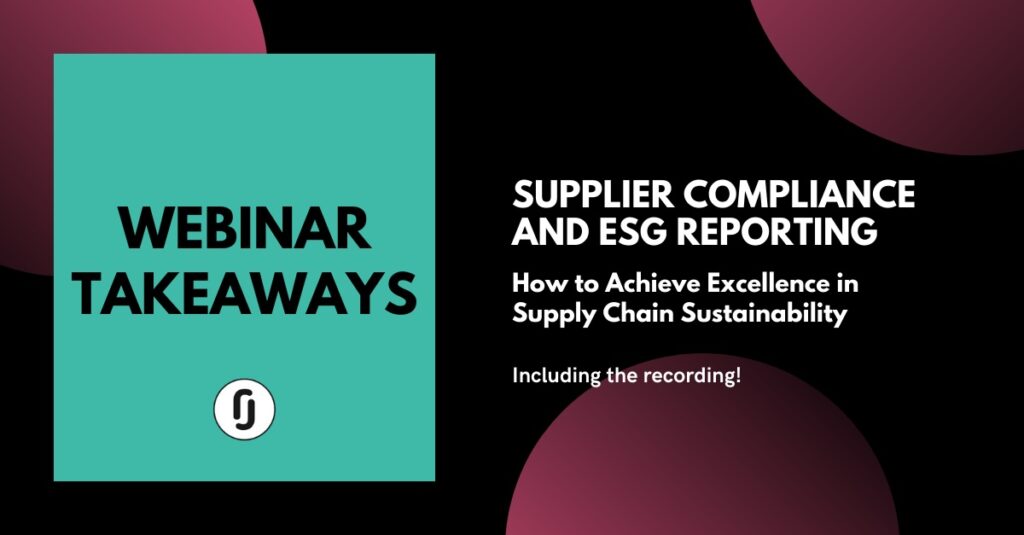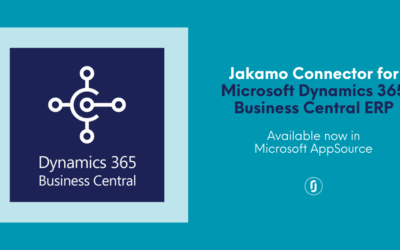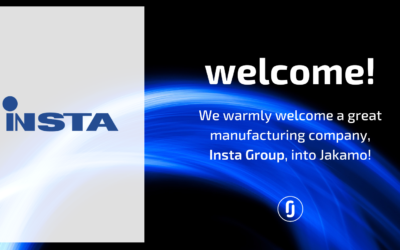Supplier Compliance and ESG Reporting – Key Takeaways from the Jakamo Webinar

In an era where sustainability is no longer optional but a necessity. The Jakamo Webinar held on March 13, 2024, focused on the critical elements of supplier compliance and ESG reporting within the supply chain. The webinar is part of a series that’s all about explaining the complicated topic of supply chain sustainability. This post dives into the discussions, practical demonstrations, and actionable insights provided during the first session. Please check out the whole webinar recording.
Key Takeaways
The Importance of Supply Chain Sustainability
- Supply chain sustainability is gaining extraordinary importance due to various drivers including political factors, legislation, global commitments like the Science Based Targets initiative, consumer values, and the financial sector’s focus on sustainability.
- 60-90 % of a company’s sustainability impact, including greenhouse gas emissions, originates from its supply chain, making it essential for businesses to focus beyond their direct operations.
Three Approach to Supply Chain Sustainability
- The webinar introduced a holistic model for addressing supply chain sustainability, emphasizing three core areas: Supplier Compliance, Operative Sustainability, and Sustainability Innovation.
- Supplier Compliance serves as the foundation, ensuring suppliers meet set requirements and regulations.
- Operative Sustainability involves tracking the sustainability impacts of materials and components procured from suppliers.
- Sustainability Innovation focuses on redesigning products and processes for improved sustainability, representing an opportunity for competitive advantage.
Practical Demonstration with Jakamo’s Platform
- A significant portion of the webinar was dedicated to demonstrating how Jakamo’s platform can facilitate supplier compliance and ESG reporting. This included the creation of master data for supplier information, the use of dynamic templates for data collection, and the integration of external documents and BI reports.
- The platform’s flexibility allows companies to tailor the data collection process to their specific needs, ensuring that the most relevant and impactful sustainability metrics are tracked and reported.
Collaboration Is Key
- A recurring theme throughout the webinar was the importance of collaboration between customers and suppliers in driving sustainability. The digital tools and frameworks provided by platforms like Jakamo enable this collaborative effort, making it easier to track, report, and improve sustainability metrics across the supply chain.
Next Steps
The webinar underscored the need for businesses to proactively engage with their supply chains to drive sustainability. By focusing on compliance, operational sustainability, and innovation, companies can not only meet regulatory and customers’ expectations but also uncover opportunities for efficiency and competitive differentiation.
For those looking to deepen their understanding of supply chain sustainability, the webinar series will continue to explore operative sustainability and innovation in upcoming sessions.

E-book: Supplier Experience
Supplier Experience – The Fundamentals of Modern Supplier Collaboration is a carefully crafted guide that presents the concept of Supplier Experience through six practical lenses. Download your free copy!
Recent Posts
- Jakamo Business Central ERP Connector Now Available in Microsoft Marketplace
- Insta Group strengthens supplier collaboration and sustainability efforts with Jakamo
- TECHSAVVY MEDIA: Supply chain expert – Relationships with your suppliers are key to greener manufacturing
- Fastems Advances Supply Chain Sustainability with Jakamo
- Jakamo achieves ISO 27001 certification






